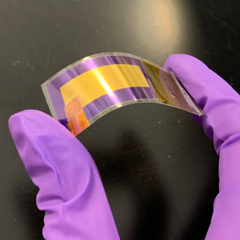UMass Lowell’s Department of Physics and Applied Physics offers a Master of Science in Radiological Sciences and Protection, Medical Physics Option and a Doctor of Philosophy in Physics, Medical Physics Option, both accredited by the Commission on Accreditation of Medical Physics Educational Program (CAMPEP).
In collaboration with local and regional teaching hospitals and cancer centers in the Boston area, our medical physics program is designed for individuals who wish to be educated in therapeutic and imaging medical physics.
Why study medical physics at UMass Lowell?
- Earn Master's and Doctoral Degrees: UMass Lowell is the only program in New England to offer both M.S. and Ph.D. degrees with options in Medical Physics.
- Career Preparation: Gain education and training in radiation sciences, radiation protection, medical applications of radiation, and dosimetry, which includes laboratory work and clinical internship. Review our enrollment, graduation and professional statistics.
- Train in Boston-area Teaching Hospitals: Conduct clinical rotations with local and regional teaching hospitals and cancer centers, including Massachusetts General Hospital and Brigham and Women's Hospital.
- Expert Faculty: Learn and work directly with our faculty, who are at the forefront of medical physics research.








